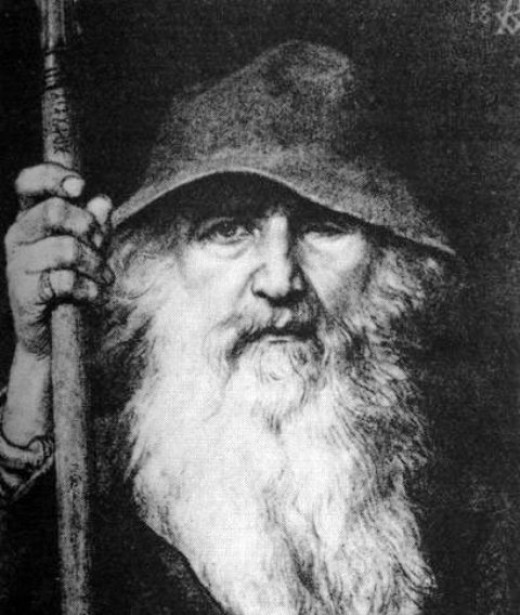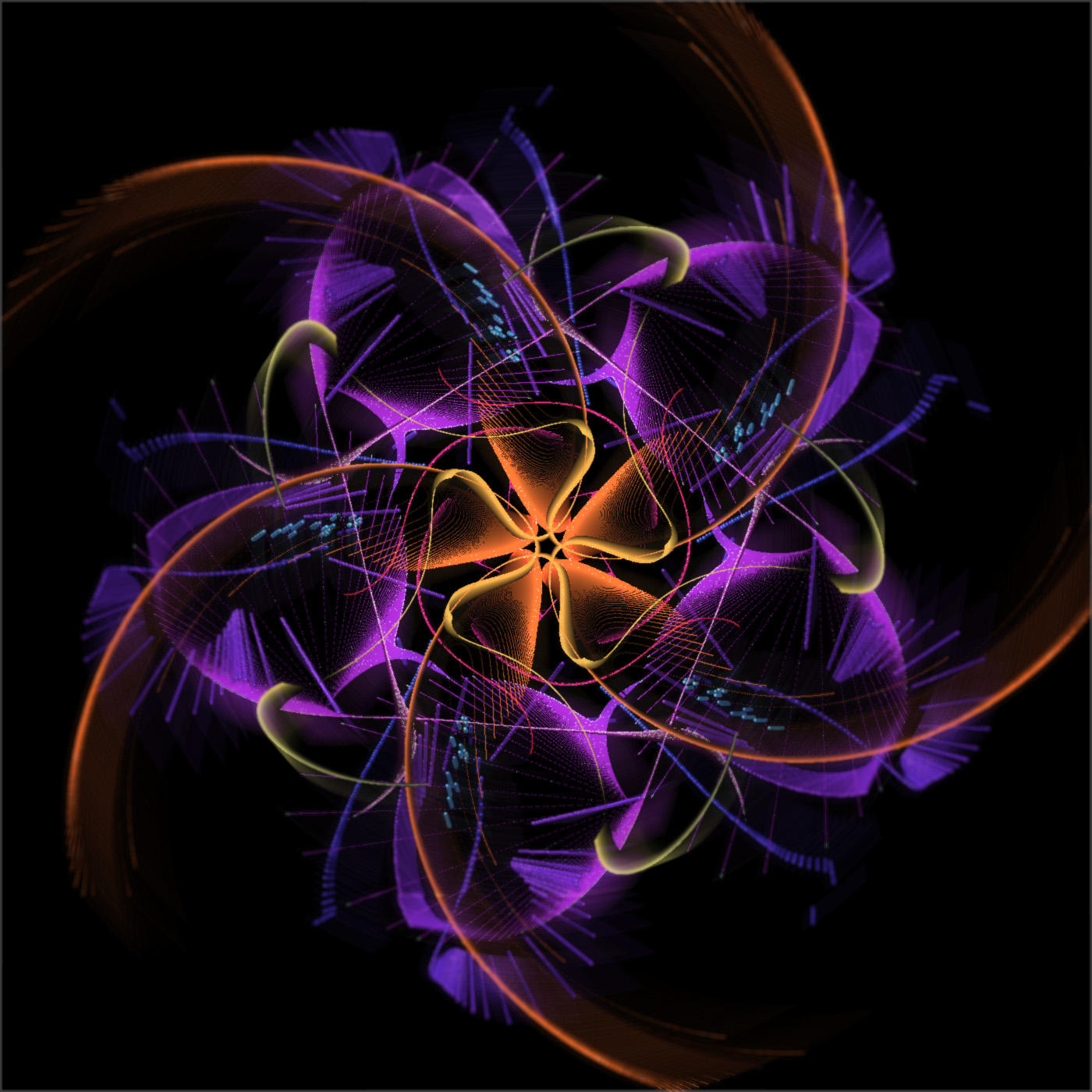

"There wasn't a job to give me," he says. Doug, meanwhile was fresh out of college and figuring out what he wanted to do with his life. At this point, Wildermyth was very much a side project for Nate and Annie, with no real budget or rigorous development plan to speak of. But there were some practical hurdles to him achieving this.

"A big thing that I wanted out of a game, if I was going to work on it, was to find a way to take those emergent details and like, bring them into light and flesh them out a without forcing all that effort on the player," he says.ĭoug had a particular vision for the kind of stories he wanted Wildermyth to tell. Second, the stories being written by Doug Austin, the game's lead writer, were far too elaborate to act as mere filler between missions. "We were incentivising all our players to kill their guys because they wanted that wolf-arm or whatever," Annie points out. Firstly, the Austins realised that tying story events to character deaths and injuries had some unintended side effects. "We were incentivising all our players to kill their guys because they wanted that wolf-arm or whatever."īut two things happened that began to shift the emphasis of Wildermyth. For example, characters who fell in battle could end up with permanent injuries like missing limbs, and then go on quests to have those injuries healed, or their bodies augmented into something greater.

The original pitch for Wildermyth was a turn-based tactics game with League-style heroes at the centre, who evolved into those heroes as a consequence of your actions during battles. "That's something I really wanted to bring into our game, where it was about telling origin stories for all these crazy heroes where they start off as farmers but like somewhere along the line something happens… and they're transformed in these really visual ways." "One of the things that I really love about League Of Legends is the champ roster, and how different all of the League of Legends champs look and feel and play," he says. One of those improvements was to character progression, for which Nate was inspired by his work on League Of Legends. "Part of the inspiration was to just to take some of those ideas, and some improvements that we wanted to make, and put it into a fantasy setting, because we felt like that would fit better." But the three got together at thanksgiving one year and sketched out the rough idea of what would become Wildermyth. But we wanted a lot more detail about the soldiers." Nate was working for Riot Games at the time, while Annie at Heavy Iron and then at Gamesalad, and Doug was finishing college. "And we love the stories that are generated. "All three of us had been playing X-COM a lot," says Nate, who co-owns Worldwalker Games with Annie, and is the primary programmer on the project. But when Nate Austin, his wife Annie, and his brother Doug began developing the game around eight years ago, the weight of emphasis between storytelling and combat was very much the other way around. Wildermyth is an inspired example of narrative design, with some nifty tactical combat to boot. In this spellbinding RPG, players guide bands of heroes through a lifetime of adventure, embarking on dozens of short, whimsical quests wherein they grow, age, and quite literally evolve, with the potential to transform into walking trees, celestial beings, and anthropomorphised crows. Worldwalker Games' Wildermyth gets closer to that goal than most. After a short adventure ending with a gorgon battle and zero loot, she didn't half get an earful of playful jests from the rest of the party.A truly dynamic story is a goal game designers have strived toward for decades. One member of the crew, a loveable snarky archer named Tess, had a luck feat and claimed that she could set off in a completely random direction and always come across some treasure. There are hundreds of scripted micro-stories your party will slip into, although conversations change drastically depending on your team's personalities. My Wildermyth squad is named the Northern Slayers, a group of rag-tag women who enjoy a good punch up and friendly banter (which is what I was going for in the character creator). Everything they go through is folded neatly into the major story and it's pretty spectacular. Characters fall in love, create bitter rivalries, grow old, have children, make terrible decisions, leave behind legacies, and eventually die. Wildermyth uses both deliberately crafted tales and procedural stories spun from character-driven traits to create a truly dynamic RPG. It's kind of incredible how a small games studio from Texas has managed to pull this off.


 0 kommentar(er)
0 kommentar(er)
